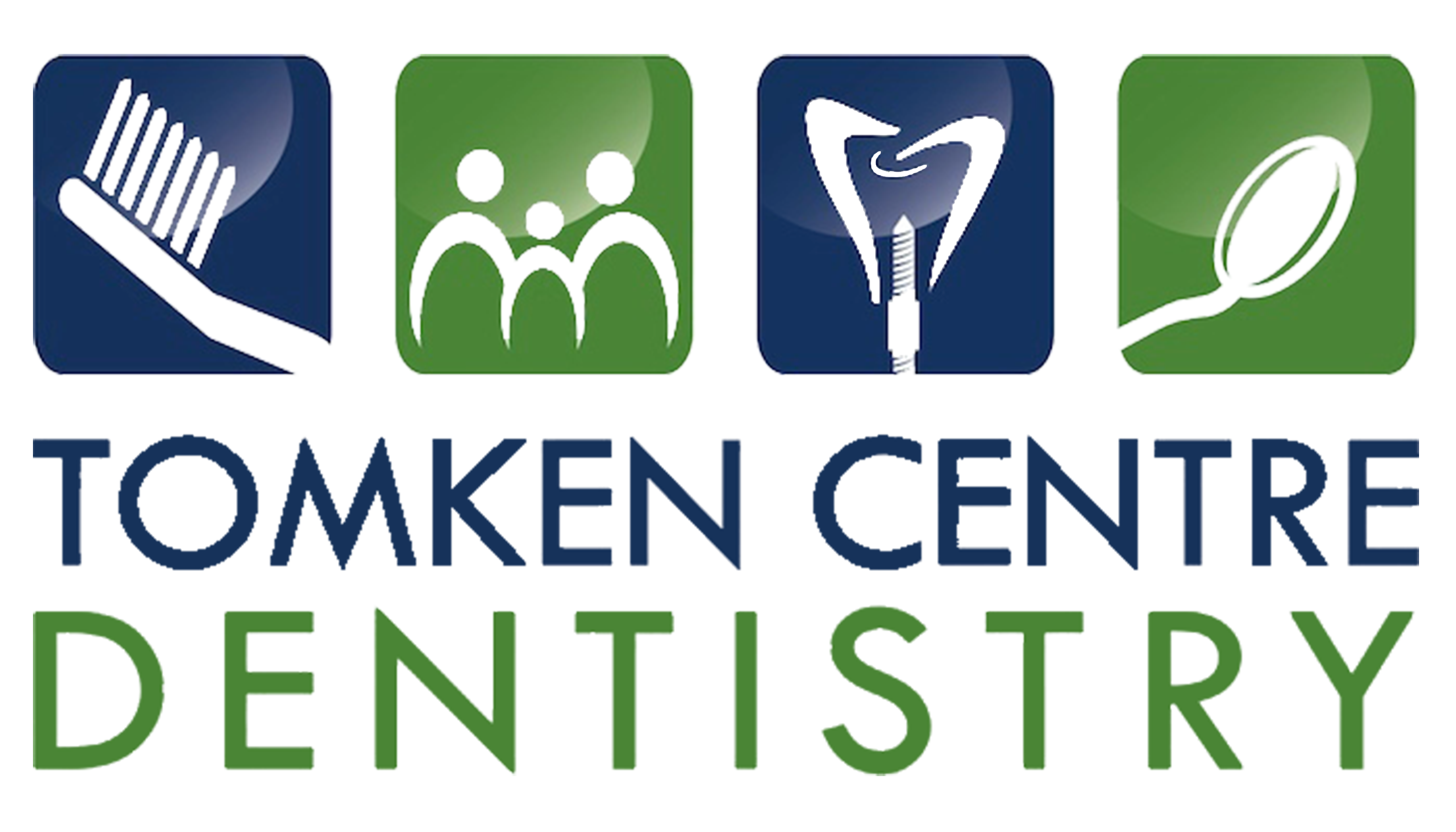5 Common Reasons Why a Tooth Extractions May be Necessary



Tooth extraction is a common dental procedure involving the surgical removal of a tooth. While we understand that no one wants to lose a tooth, extractions are sometimes necessary to address or prevent more serious dental health issues. There are many reasons why your dentist may recommend a tooth extraction. If these reasons are identified and addressed promptly, extractions may often be avoided. To help you know what to look out for, we’ve put together a list of five of the most common reasons why tooth extractions may be necessary.
Tooth Decay
Without proper dental hygiene practices like brushing, flossing, and routine teeth cleanings, your teeth may begin to suffer from tooth decay. This issue occurs when bacterial buildup causes cavities to form in the teeth. Once these cavities penetrate the root canal, the resulting infection begins to rapidly worsen and spread. If left untreated for long enough, this infection could cause the tooth to deteriorate to a point where a tooth extraction is the only solution.
Gum Disease
Another result of improper dental hygiene, gum disease or periodontitis is an infection of the gum tissue surrounding the teeth. If left untreated, this condition will cause gums to rapidly recede resulting in serious infections, loose teeth, and even tooth and bone loss. In some severe cases, the only way to treat gum disease is by removing affected teeth to begin the process or restoring gum health and replacing the missing teeth with dental prostheses.
Severe Tooth Crowding
Crowded teeth can cause a whole host of dental problems, including misaligned bites, tooth decay, and even sleep apnea. Doctors often prescribe orthodontic treatment to correct teeth crowding. Usually, an orthodontist is able to correct crowding with braces. But, in extreme cases of teeth crowding, your orthodontist may recommend a tooth extraction to reduce crowding and make the orthodontic treatment more effective. Tooth extraction of orthodontic work is more commonly recommended for children and teens.
Impacted Teeth
An impacted tooth refers to a tooth that has never fully emerged from below the gum. Impacted teeth can lead to several dental issues, including crowded teeth and painful tooth infections. Wisdom teeth are the most commonly impacted teeth, because the jaw is too small to accommodate them. In these instances, your dentist will usually recommend a tooth extraction to remove these problematic teeth and give the rest of your teeth room for proper alignment.
Broken Teeth
When teeth crack or chip above the gum line, a dental crown or a filling is usually enough to rectify the issue without the need for any further dental work. However, when a tooth breaks below the gum line, the only fix may be a tooth extraction. A break below the gum may result from an accident or trauma to the mouth, necessitating a tooth extraction as part of an emergency procedure.
What to Expect During a Tooth Extraction
When you come into our Mississauga office for tooth extraction, the doctor will begin by applying a local anesthetic to the affected area. This anesthetic numbs the tissue around the tooth, so you won’t feel any pain or discomfort during the procedure.
The next step will depend on the condition of your tooth. In cases of impaction, the surgeon will make an incision in the gum tissue to access the tooth. If the tooth is above the gum line, the surgeon will loosen the tooth using a specialized dental instrument called an elevator. Once the tooth is loose, they will then complete the extraction by using a pair of forceps to gently move the tooth back and forth until it slips out.
Finally, the dental surgeon will complete your extraction procedure by cleaning the area and applying a small amount of gauze to stop any bleeding. The doctor will also prescribe pain medication to ease any discomfort during the recovery process.

